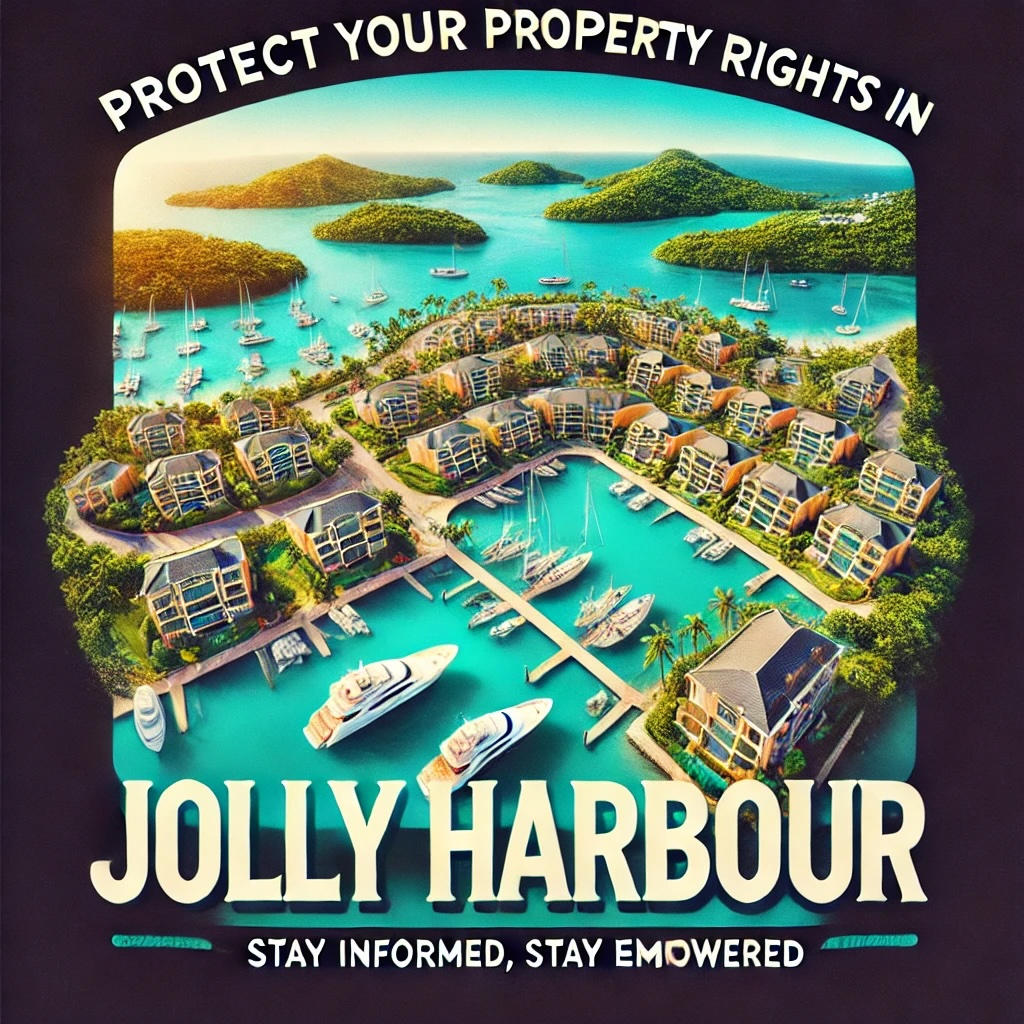1. Introduction
Behind Jolly Harbour's scenic golf course and appealing waterfront lies an intense legal battle that questions the very ownership of Caribbean Developments (Antigua) Limited (CDAL)—and claims millions of dollars in damages. This conflict revolves around Stuart Alexander Lockhart, an attorney and notary public, who asserts he was a director of CDAL, the purported "sole shareholder" of Jolly Harbour AG, and that he is owed substantial sums for alleged breaches of contract and "equitable fraud." To complicate matters, Lockhart has also lodged a caution on golf-course lands, challenging the legitimacy of CDAL's rights.
Case Information:
- Case: Lockhart v. Caribbean Developments (Antigua) Ltd. et al., Claim No. ...
- Court: Eastern Caribbean Supreme Court, Antigua & Barbuda
- Relief Sought: Damages exceeding US$3 million (later stated as up to US$6 million in some references), declarations that Lockhart is or was a director of CDAL, and an injunction (including a freezing order) to protect assets allegedly at risk of dissipation.
Official Decisions:
- 2012.08.02 Lockhart v. Caribbean Developments Antigua et al.
- Stuart Alexander Lockhart (Applicant) v. Caribbean Developments (Antigua) Limited
📄 Full Article Access
To access the complete article: Contact legal -at- jollyharbour -dot- org with your property details to receive the full content.
